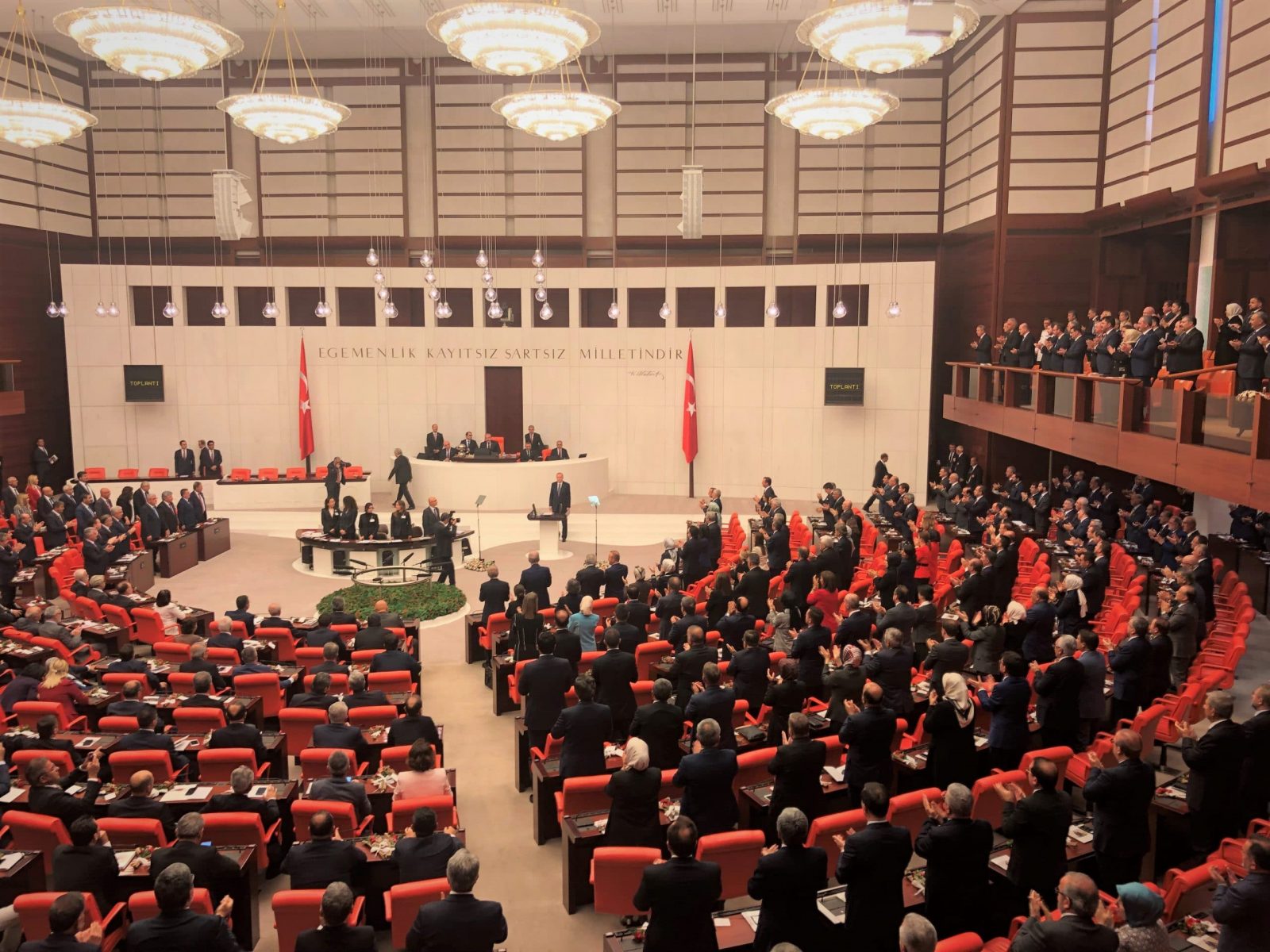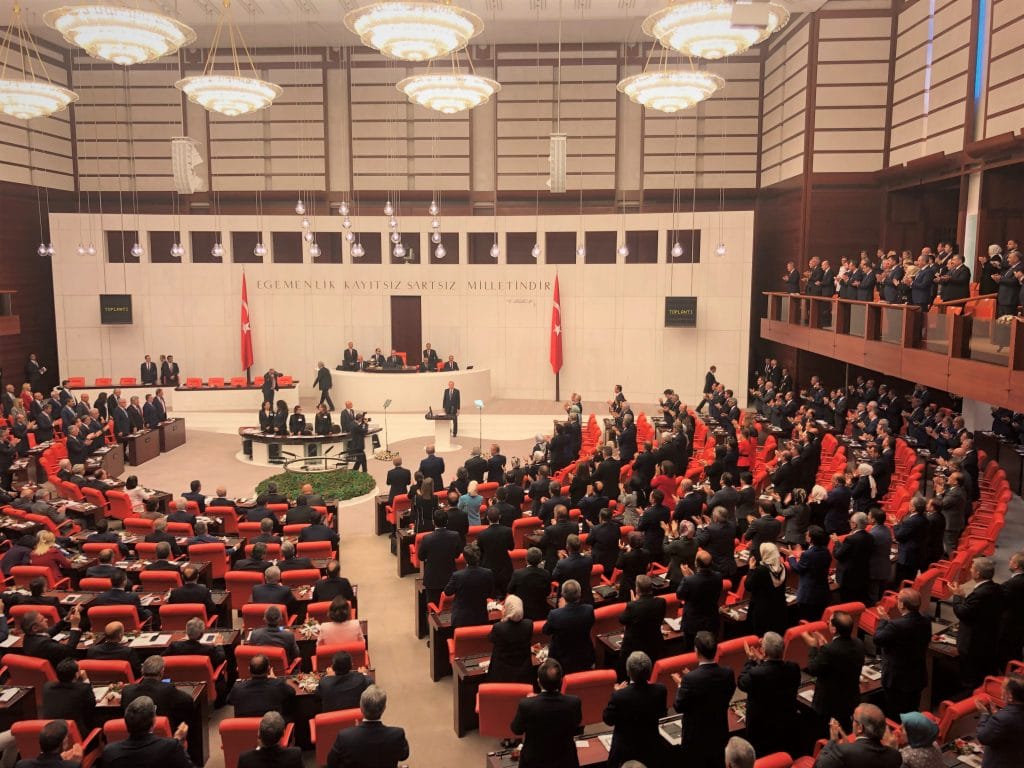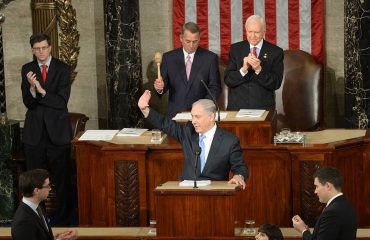

According to reliable sources, the plans of the ruling Justice and Development Party (AKP) and Nationalist Movement Party (MHP) of the “People’s Alliance” for constitutional amedment for changes in election procedures before the presidential election are actually shelved. The election law amendment, which is on the agenda of both President Recep Tayyip Erdoğan and MHP leader Devlet Bahçeli, becomes shaky as it is delayed to be conveyed to the Grand National Assembly of Turkey.
The reason for this is that any amendment in the election law, if it is desired to be implemented in the next election shceduled to be held on June 18 2023, must be published in the Official Gazette and enter into force until 17 June 2022 at the latest. Because, Article 67 of the Constitution states that “amendments made in electoral laws shall not be applied in elections to be held within one year from the date of their entry into force”. This does not mean that early elections cannot still be held, but if they do, the election law amendment cannot be applied. Therefore, if the government wants to enact and implement a new election law, it must enter into force one year before June 18, that is, on June 17, 2022.
The top court appeal must be taken into account
It was reflected in the media that both the election law and the constitutional amendment were discussed in the meeting between Erdoğan and Bahçeli on January 5. However, it has not been submitted to the Parliament yet.
The bill was expected to be submitted to the Parliament in October 2021 with the opening of the legislative year, when Erdoğan and Bahçeli said they had agreed to lower the electoral threshold from 10 percent to 7 percent. Then the date was postponed to December, then January. Now, in the backstages of the government, there is a rumor that it will be submitted in March.
As opposed to these AKP-sourced information, an intell from MHP hinted that the ruling alliance plans to convey the amendment bill to the parliament in such a date that would make the opposition feel that there will not be an early election. According to the news piece from Gazete Duvar, they calculate that if the amendment is presented in March, it would become a law as of April or May and as of June 2023 it will be settled.
It is understood that this calculation does not take into account the possibility of the opposition to appeal the amendment to the Constitutional Court. If the main opposition Republican People’s Party (CHP) will appeal to the Constitutional Court, this timetable may go awry. Especially in terms of lowering the threshold to 7%, which is important for the MHP.
Constitutional Amendment: Even if 360 vote secured
In fact, the threshold is already lifted for the parties that entered into alliances. However, even if the MHP will support Erdoğan in the presidential election, it still wants to keep the option to enter separately in the parliamentary elections open. If the new election law is not enacted, the 10% threshold means a risk for the MHP; It is below 10% in most surveys.
The People’s Alliance wants to revise the Presidential Government System just four years after it was approved by the referendum in 2017. It is known that, Vice President Fuat Oktay presides over studies carried out at the Presidency on the failing aspects of the system. The draft that Bahçeli announced last year left Erdoğan a little bit on the opposite side. Because there were articles in the MHP draft that limited Erdogan’s powers, such as the election of vice-presidents and the overthrow of ministers with a vote of confidence.
We don’t know the AKP draft yet. However, before the compromise between the two parties came to an end, it started to seem impossible for another reason. If the constitutional amendment is to be made in the Parliament, 400 votes are required, and if it is to be taken to the referendum, 360 votes are required.
Until the election, amendment is shelved
AKP and MHP have 334 votes (286 + 48). It seems that the gap cannot be easily closed (even in the scenario where HDP is closed and the HDP lawmakers were stripped of their parliamentary titles). Current political polarization in Turkey does not seem to allow reconciliation between parties.
Moreover, even if they found 360 votes in the current economic situation, the results of a referendum to be held may be more painful for Erdoğan than for Bahçeli. For this reason, the Constitutional amendment was shelved until the elections, even though there was much propaganda and more to be done.
After the election, whether the People’s Alliance or the Nation Alliance of the CHP-İYİ Party win, it will need an overwhelming majority to change the Constitution. Otherwise, it seems that the constitutional amendment will remain as futile after the election.


